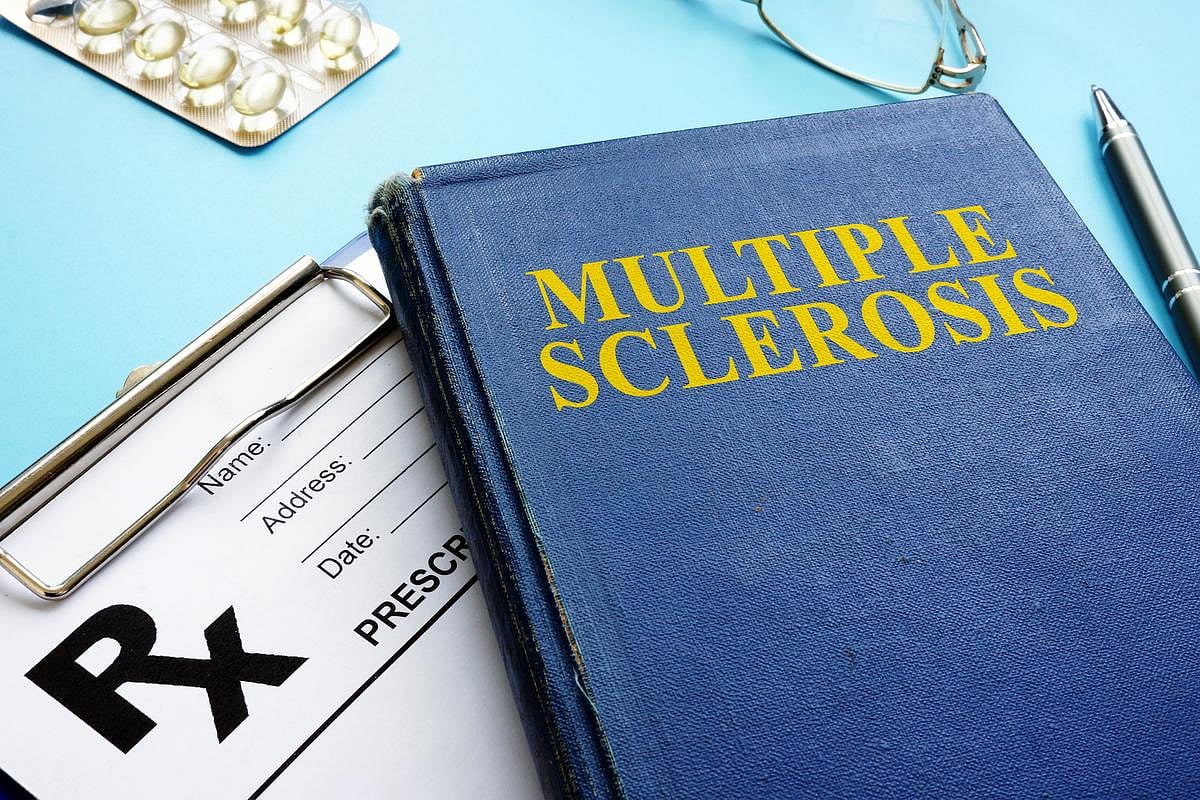
- Dennis Thompson
- Posted August 5, 2025
When Insurers Restrict MS Drug Coverage, Relapses Rise
Multiple sclerosis (MS) patients might have a higher risk of relapse if their health insurance is stingy with prescriptions, a new study reports.
Patients with insurance plans that exclude coverage of some MS treatments have a significantly higher risk of developing new or worsening symptoms, researchers reported Aug. 1 in JAMA Network Open.
“Patients with MS may need to try multiple drugs to find what works best for them,” lead researcher Geoffrey Joyce, chair of pharmaceutical and health economics at the USC Mann School of Pharmacy and Pharmaceutical Sciences, said in a news release. “Broad formulary exclusions ultimately undermine the individualized care these patients need.”
Many new drugs have been approved in recent years to help patients manage their MS, researchers said in background notes.
But health insurance plans have often threatened to exclude a pricey new medication from its list of covered drugs unless the manufacturer offers a substantial rebate or discount, researchers said.
This helps contain costs when similar generic drugs or less expensive options are available, but it can restrict patients’ access to breakthrough drugs that could make a real difference in their lives, researchers said.
MS occurs when the immune system turns on the insulating sheath that protects nerve cells in the brain and spinal cord. Symptoms can include movement problems, blurred vision, tremors and weakness.
As of 2022, there were 15 oral and injectable MS drugs across seven classes that work in similar ways, researchers said. The treatments all tend to be pricey, usually costing at least $5,000 to $10,000 per prescription.
To see whether access to more drugs mattered to MS patients’ outcomes, researchers compared how Medicare patients fared depending on their prescription coverage.
Specifically, the research team compared people with stand-alone Medicare Part D prescription plans to those who had prescription coverage through a more comprehensive Medicare Advantage plan.
Since MS drugs aren’t included in Medicare’s “protected classes” of medications, the private insurers that administer Part D coverage have greater leeway to refuse coverage or impose restrictions on their use, researchers noted.
It turned out that stand-alone plans tended to be stingier, commonly covering just four of the 15 available drugs, results show.
By comparison, Medicare Advantage plans more often covered eight of the 15 MS drugs, researchers said.
This mattered when it came down to who might have a relapse in their MS symptoms, researchers found.
Broader drug coverage in Medicare Advantage plans was linked to 8% to 12% lower odds of MS relapse, results show. Meanwhile, broader coverage among stand-alone plans was associated with 6% to 9% lower odds of relapse.
Researchers are concerned that Medicare plans might become even stingier under Part D’s new out-of-pocket cap, which limits beneficiaries’ annual drug spending to $2,000 a year. This will shift more costs onto plans.
Since only covered drugs count toward the cap, some plans might try to save money by excluding high-cost medications, researchers said.
“Innovative new treatments have made it possible to slow or prevent symptoms for some of the most complex diseases, but costs remain a challenge,” Joyce said. “We must find sustainable ways to ensure all patients can access these potentially life-changing treatments.”
More information
The National MS Society has more on MS medications and treatments.
SOURCE: USC Schaeffer Center for Health Policy & Economics, news release, Aug. 1, 2025
